

deep insights, facts & figures

For some years now, foreign customer groups have been targeted by advertising in Germany, in DIY stores as elsewhere
A pharmaceutical company actually pioneered the idea in Germany. Since Turkish immigrant workers frequently suffered from back pain because of their tough jobs on the assembly line, in 1987 a drug company called Thomae used the Turkish language to advertise its pain-relief ointment in chemists and newspapers – and scored a huge success. This was before the concept of ethnic marketing was even born. Ethnic marketing, which came into being in America at the end of the twentieth century, “is geared to target groups that are regarded as ethnically different in comparison with the majority population of a nation”, in the words of one definition. It is also important that the ethnic target groups present a largely homogeneous appearance. The most significant target groups in Germany are Turks, Russian-born Germans and, increasingly, Chinese. Approximately 15.65 mio persons with a migration background live in Germany – and their propensity to consume is impressive. The annual purchasing power of the ethnically Turkish consumers alone (approx. 2.8 mio) is estimated in excess of € 20 bn, and a figure as high as € 37 bn is estimated for the Russian-speaking group (3.3 mio). For comparison: the entire Saarland can produce evidence of a purchasing power of around just € 18 bn. At the same time, while the savings rate of the Turkish population in Germany is relatively high (15 – 20 per cent) and mainly diverted to Turkey, this group happily invests any remaining income on status symbols, primarily of German origin: one in five Turkish citizens in Germany drives a car sporting the Mercedes star, but only one in 17 ethnic Germans. However, the majority of Russian Germans see things differently: they are more free-spending and have a significantly lower savings rate. And they are much inclined to invest in their own four walls. This is where the DIY stores come in. Hornbach, for instance, advertised in Hürriyet, a daily paper, with a translation of its German claim, “You know a great DIY store by its size”, into the Turkish proverb, “You don’t need a map for a village you can see”. Obi also ventured into ethnic marketing, even if only briefly, in the first TV commercial for its “How, why, what does Obi know?” campaign. This included a DIY salesman who was obviously Russian-speaking, but whose message came across as so incomprehensible to viewers that it was removed. Large-scale posters in Russian and Turkish are used for advertising DIY stores or furnishing multiples…
Related articles
Read also

 Menü
Menü



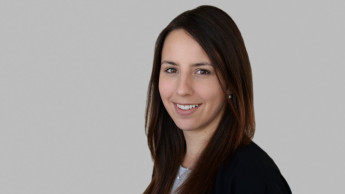
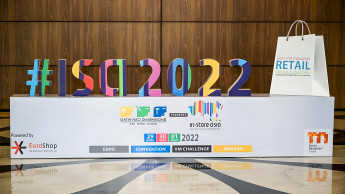
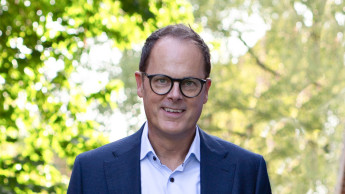



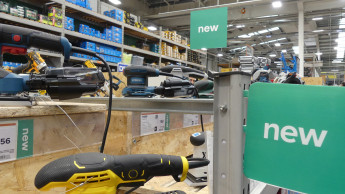
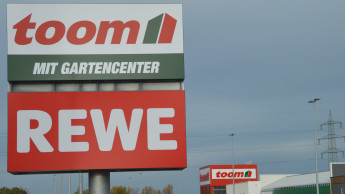
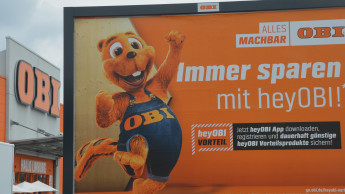
 Newsletter
Newsletter